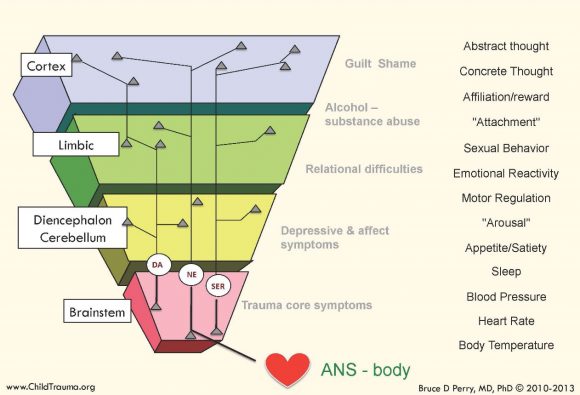Holding Out HELP provides those from a polygamous culture the care, support and resources to become independent and self-sufficient. Unfortunately, many come to our agency with little to no education, no more than a 6-8th grade education level, no assets, lost everything and everyone they have known and often have suffered extensive abuse. Once they have entered our system, they are usually placed in a Host Home or Transitional Home while receiving an education, counseling, both individual and group therapy, and personalized case management.
Women who have experienced complex trauma and who do not fit the criteria for host home living will be housed in a safe, secure and supportive environment to allow healing to begin. They will be cared for by trained staff and receive a variety of daily therapeutic services. These activities and therapies are designed to bring emotional, social, physical and spiritual healing from a neuro-sequential model developed by Dr. Bruce Perry.

Staffing:
The Center would be staffed Monday through Friday.
Therapeutic Activity:
- Yoga – studies show that individuals moving in synchronicity assists in organizing lower brain function in the brain stem. The brain stem controls survival function unconsciously in the individual. It is found that individuals who have experienced complex trauma often have disorganized survival responses that alert the limbic system to stay in a fight/flight condition, raising anxiety beyond a healthy window of tolerance.
Skill Building and Case Management Topics:
Clients leaving the various religious groups are often sheltered in ways that cause them to be delayed socially, emotionally and developmentally.
These skill building groups with the case manager would lay a foundation in areas of deficit to assist the client in relating more positively to life outside the group.
- Socially: healthy relationships, boundaries, etc.
- Emotionally: relationships, thinking errors, thought stopping, development of healthy coping skills.
- Developmentally – relationships, boundaries, sex education, time management, leisure development, education, financial planning, spirituality and independent living.
Individual case management:
Client will weekly connect with Case Manager to explore progress, barriers and needs regarding issues related to: finances, education, health, dental, vision, legal, etc.
Weekly Therapy groups:
This encompasses the group time spent with the therapist processing topics including trauma, identity development, emotional regulation, coping skills, spirituality, etc.
Daily Journal time and internal processing:
Client will be encouraged to journal and process information given throughout their day as well as practice skills. Skills use will be encouraged, monitored and supported by Therapist.
Leisure time:
Clients are encouraged to develop leisure activities to assist them in exploring a new sense of self, see the world with a broader perspective and enjoy play – something our clients are unaccustomed to doing due to the strict code of behaviors and emphasis on work.
Personal self-care time:
Clients would use this time to engage in activities that promote self-care such as reading, personal hygiene, etc.
Client’s would also enjoy weekly outings of hiking, kayaking, etc. to assist them in discovering healthy leisure activities that also promote healing.
Individual Therapy:
Sessions will focus on trauma through Dialectical Behavioral therapy, Cognitive Behavioral therapy, EMDR and IMTT therapies.





